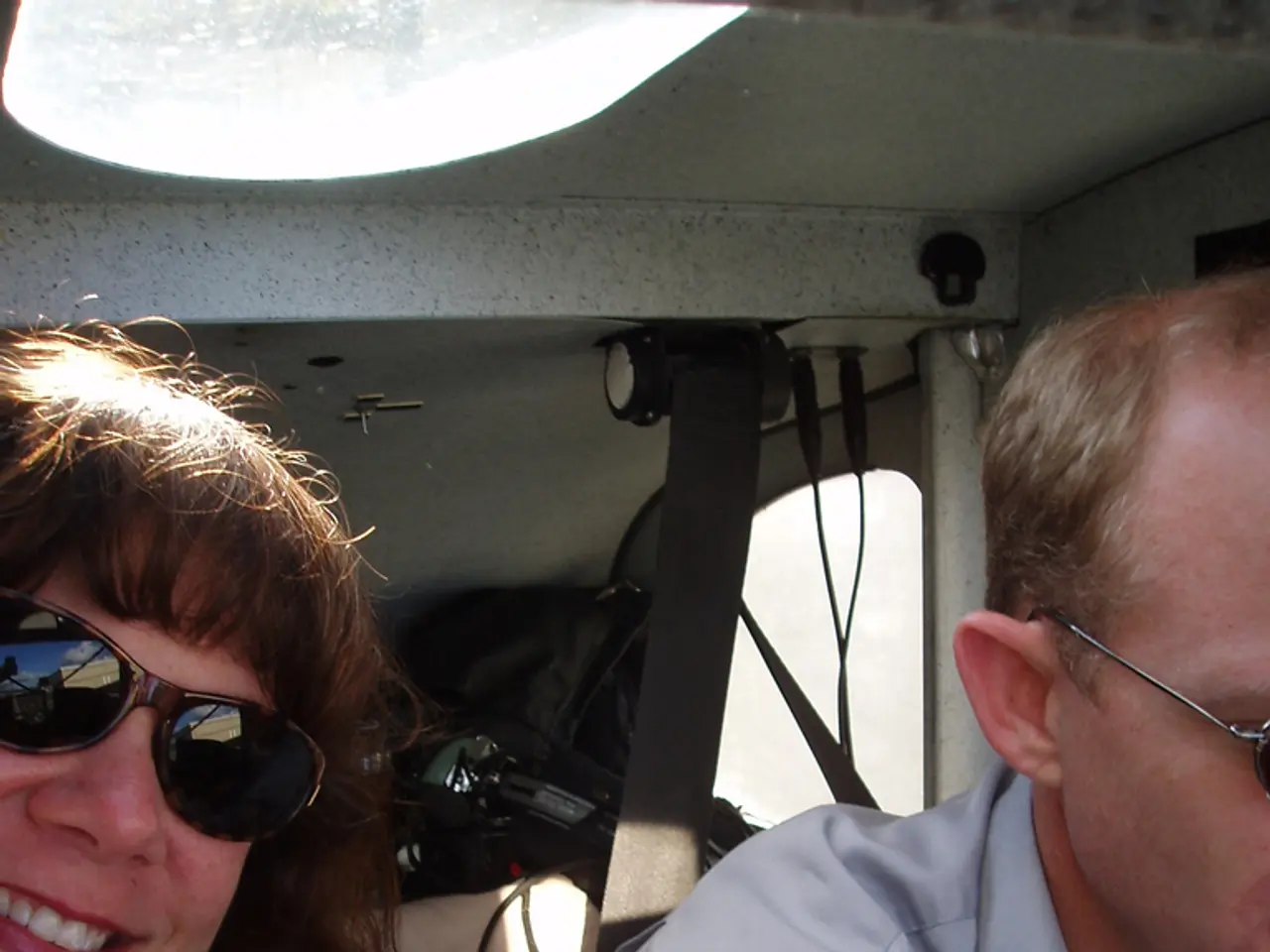Sunglasses Worn by the Blind: 7 Practical Applications
=========================================================================
In a world where sunglasses are often associated with style and fashion, it's important to understand that for many blind individuals, sunglasses serve a multitude of practical purposes.
Blind people wear sunglasses for several important reasons beyond aesthetics, including protection from UV light, reducing glare or discomfort from light sensitivity, shielding their eyes from debris or injury, and communicating their blindness to others.
Protection from UV Light and Environmental Hazards
Even if a person is blind, their eyes can still be physically sensitive to harmful UV rays or susceptible to injury from wind, dust, or flying debris. Sunglasses serve as a protective barrier to these risks.
Reducing Light Discomfort or Glare
Some blind individuals retain varying degrees of light sensitivity or have non-visual light perception. Sunglasses help minimize pain or discomfort from bright lights.
Communicating Blindness
Wearing sunglasses can serve as a clear social signal that a person is blind or visually impaired, which can help others interact more appropriately and safely.
Cosmetic and Psychological Factors
While not purely aesthetic, sunglasses can help mask involuntary eye movements or other visible eye conditions related to blindness, potentially easing social interactions.
It's essential to note that each person will have different reasons for choosing to wear sunglasses. For some, it may be for protection from UV light, while for others, it could be to reduce glare or for aesthetic reasons. Some may wear them to signal their blindness, while others may do so to hide signs of an eye condition.
Over time, UV light can cause various eye problems such as cornea inflammation, cataracts, pinguecula, pterygium, age-related macular degeneration, eyelid cancers like basal cell carcinoma and squamous cell carcinoma, and melanoma of the eye. Sunglasses may provide some additional benefits for blind people, such as reducing light sensitivity, protecting their eyes from foreign objects, and quickly communicating to others that they are blind or have low vision.
In conclusion, while sunglasses may be a common accessory for many, for blind people, they are an essential tool for navigating the world safely and comfortably. It's important not to assume that a blind person needs help, and to ask for permission before offering assistance. By understanding the reasons behind blind people wearing sunglasses, we can all contribute to creating a more inclusive and understanding society.
References: [1] The Blind Sunglasses Project [3] Blindness and Vision Impairment: Global Data [5] Why Do Blind People Wear Sunglasses?
- Science has shown that UV light can lead to chronic diseases and medical conditions, including skin cancers and skin conditions, making sunglasses an essential part of eye health and overall health-and-wellness.
- In the workplace, workplace-wellness programs often emphasize fitness-and-exercise, mental-health, and nutrition, but they should also consider the importance of eye-health and the need for therapies-and-treatments, such as wearing sunglasses for those with eyedisorders.
- A comprehensive education-and-self-development plan would include understanding the importance of skin-care, as well as the role sunglasses play in protecting the eyes from UV light and environmental hazards.
- With the rise of neurological-disorders and mental-health issues, it's crucial that we promote personal-growth opportunities that can help individuals cope with their conditions effectively.
- CBD, a compound found in cannabis, has been shown to have potential therapeutic benefits for various chronic diseases and medical conditions, including those related to skin-care, neurological-disorders, and mental-health.
- Sports and exercise are essential for maintaining good physical health, but athletes should also be aware of the potential impact of sports-betting on their mental well-being and self-growth.
- Skills-training programs can help individuals develop the necessary skills for career-development, enhancing their chances of success in their chosen fields and improving their overall well-being.
- Understanding skin-conditions and their causes can help in adopting effective skincare routines and making informed decisions about using skincare products.
- The Blind Sunglasses Project and similar initiatives are valuable resources for learning more about blindness and vision impairment, promoting awareness, and fostering an inclusive and understanding society.
- By educating ourselves on UV light and environmental hazards, we can take steps to protect our eyes and overall health, whether we have eyedisorders or not.
- In addition to their practical benefits, sunglasses can serve as a fashion statement when enjoyed by individuals with good eye-health, contributing to the growth of various industries, such as fashion, fitness, and sports.




